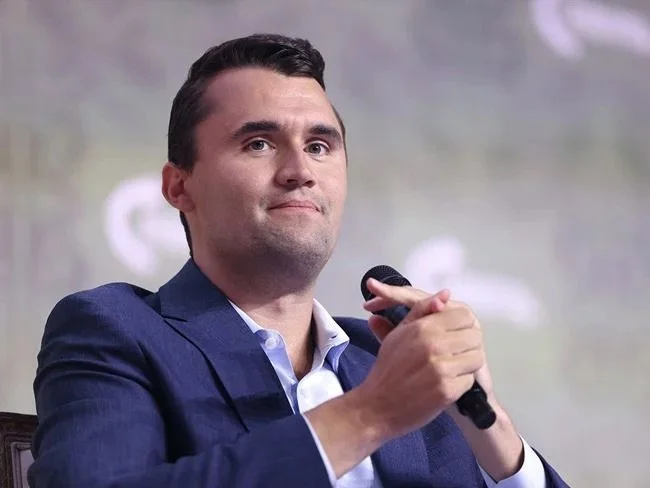Charlie Kirk, the 31‑year‑old activist, pundit, and founder of Turning Point USA was one of the most visible voices blending evangelical Christian identity politics with right‑wing populism in the United States. When he was fatally shot while speaking at Utah Valley University on September 10, more than merely “a divisive figure in right‑wing circles” was killed. Kirk was a polarizing public persona across the U.S., known for his provocative rhetoric on religion, race and gender (among other things). His voice carried both influence and animus, drawing fervent support and fierce criticism.
And following his death, he became a martyr.
In the immediate aftermath of his killing, many Kirk supporters—new and old—framed it as spiritual warfare, portraying the shooting as an attack on faith and moral order. His widow, Erika Kirk, declared that his death and legacy would echo “like a battle cry,” and that he “will stand at his savior’s side … wearing the glorious crown of a martyr.”
Pastors, evangelical leaders and everyday Christiansechoed these themes online, saying “martyr blood has reached the throne” and calling for “Gods army” to rise and for followers to “carry on his mission,” warning that the forces opposed to Kirk were spiritual adversaries. Some invoked the words of early Christian apologist Tertullian, who wrote that “the blood of the martyrs is the seed of the Church,” by saying the death of “Saint Charline Kirk’s martyrdom” would spark a revival.
Alongside spiritual rhetoric came calls for reprisal and retribution: social media quickly filled with posts from far‑right activists suggesting Kirk’s death demanded vengeance and that the political left bore responsibility, implicitly or explicitly. Some posts framed it in apocalyptic terms, speaking of an impending “civil war” to “restore moral clarity.”
The move to make Kirk into a martyr is not unique. It’s a pattern repeated across time and place: when a public figure with religious and political identity dies violently, their death can be transformed into a symbol, merging grief with grievance, spiritual meaning with political mobilization and martyrdom with Other-ing and calls for retaliation.
Martyrs are hailed as heroes, canonized in murals and at vigils. And through hashtags and hushed prayers, their deaths serve as focal points for collective identification, belonging and action.
What do we have to learn from how Charlie Kirk was made into the latest Christian martyr?






